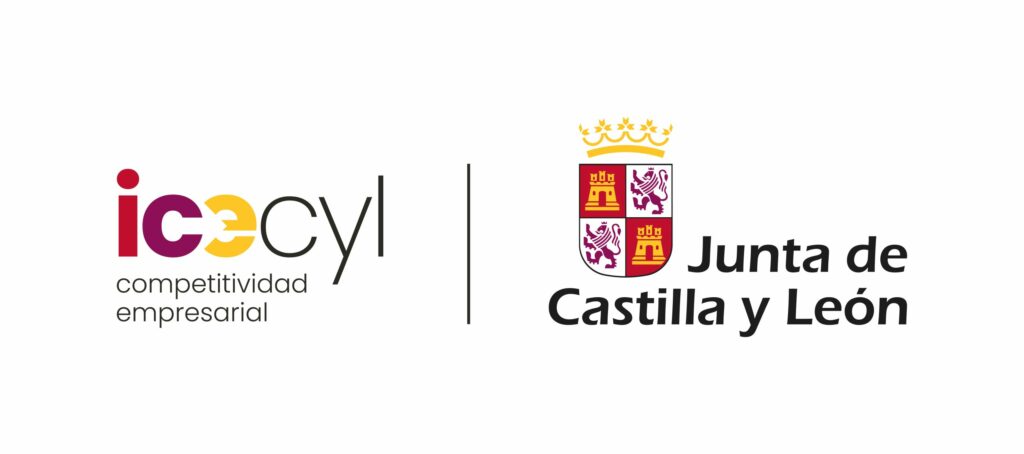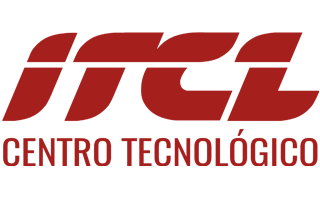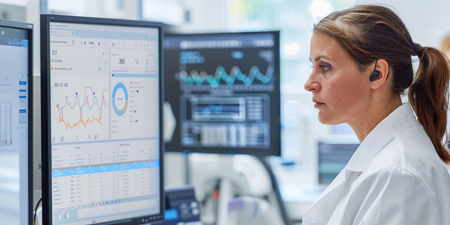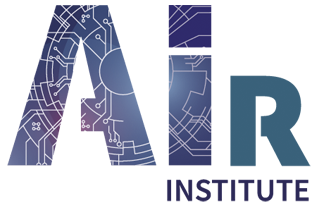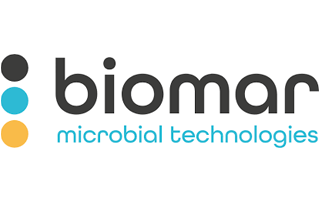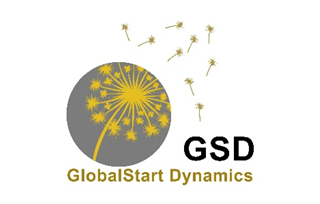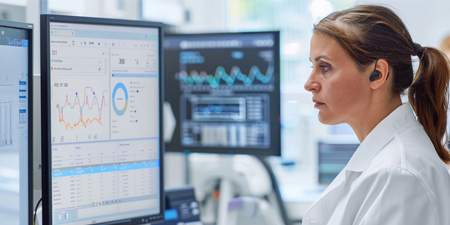
BIOTECARE – Data-Driven Technological Advancement for the Optimization of Biotechnological, Healthcare, and Care Processes
Project Description:
In the context of fostering and supporting technological innovation in the field of digital health, the BioTeCare Project represents a step forward in digital health technologies within the Castilla y León region. The project aims to drive research and development of innovative solutions based on data science, artificial intelligence (AI), and deep learning to enhance the integration of medicine with these technologies. This will improve how diseases are diagnosed, treated, and prevented, as well as optimize overall healthcare management and patient experience.
Main Objective:
The primary goal of the BioTeCare Project is to conduct research in data technologies within the healthcare sector, establishing an appropriate ethical and legal framework for applying techniques such as deep learning and AI. This will support the development of innovative solutions to improve medical, clinical, and biotechnological processes, ultimately enhancing patient care and health outcomes.
In addition to the main objective, the project sets out three transversal objectives:
- TO1: Foster innovation in Health Data Analytics technologies by actively promoting the development and adoption of advanced tools and methodologies that leverage the potential of health data while adhering to the highest ethical and regulatory standards.
- TO2: Promote effective collaboration among different stakeholders in the health and technology ecosystem in Castilla y León. This includes fostering innovation and encouraging the use of AI-based tools in the health sector. Through the complementarity of participants, innovative solutions for various sector domains can be developed.
- TO3: Disseminate and transfer the results of the project’s research for the benefit of stakeholders, including patients, healthcare professionals, companies, research centers, universities, governments, and regulatory agencies.
Specific objectives:
Building on the project’s main goal, the research aims to address the following specific objectives:
- SO1: Image processing for assisted diagnosis: Develop and apply medical image processing algorithms to improve the accuracy and efficiency of image-assisted diagnosis. Using deep learning and AI techniques, the project aims to automate the analysis of medical images, aiding physicians in interpretation. This includes early anomaly detection, segmentation of specific structures, pathology classification, and the generation of faster and more precise clinical reports.
- SO2: Personalized and predictive therapies: Develop predictive models using clinical and biomedical data to personalize and optimize medical therapies. This could include recommendations for diet, exercise routines, nutritional supplements, or pharmacological treatments. By applying machine learning algorithms and data analysis, the project seeks to identify patterns and relationships that predict a patient’s response to various treatments. This encompasses therapy selection and forecasting potential side effects or adverse reactions, ultimately improving clinical outcomes and patient quality of life.
- SO3: Biotechnology and omics technologies: Apply omics technologies that provide complementary information to optimize biotechnological processes. Using data analysis and deep learning tools, the project aims to integrate molecular data with toxicological data to identify gene clusters associated with specific biological activities. Insights gained about these gene clusters will facilitate intervention and optimization in biotechnological processes for producing biologically active molecules.
- SO4: Enhancing patient experience: Improve the patient experience within the healthcare system by developing recommendation systems to enhance patient care, optimizing clinical workflows to reduce waiting times, and improving efficiency and personalized communication. The goal is to increase patient satisfaction, treatment adherence, and long-term health outcomes.
Project Duration:
2024 – 2026
Project Leader:
Project Collaborators:
Funded by:
